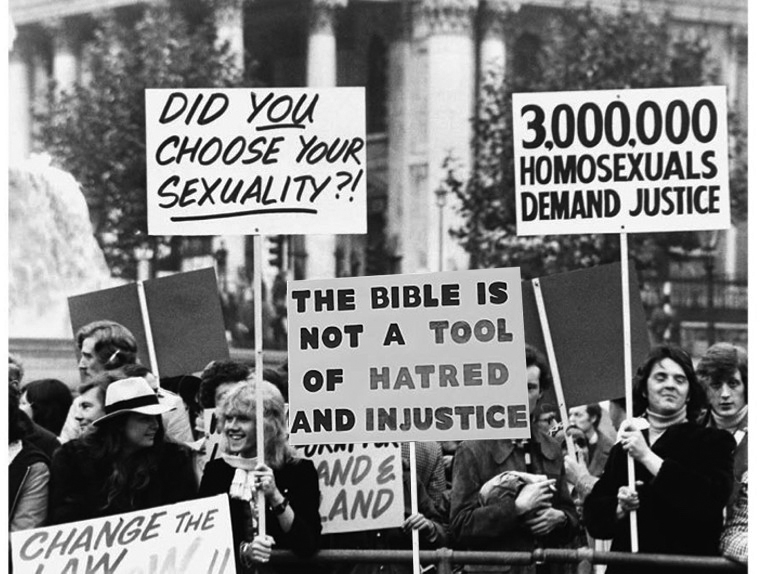The faithful have had a rough go of it in this world from the beginning. Abel was killed. Moses accused of domineering leadership. Jeremiah cast in prison. Elijah called a troubler of the brethren. James murdered. Stephen stoned. Paul beaten. Then there is our Lord Himself, the Man of Sorrows, who was hung on a tree to die. He taught us, “It is enough for the disciple to be like his teacher…. If they have called the master of the house Beelzebul, how much more will they malign those of his household” (Matthew 10:25).
Many today admire the idea of bearing such disdain for Christ, but practically appreciate it much more when it is in the rearview mirror. Charles Spurgeon once said:
We admire a man who was firm in the faith, say four hundred years ago . . . but such a man today is a nuisance, and must be put down. Call him a narrow-minded bigot, or give him a worse name if you can think of one. Yet imagine that in those ages past, Luther, Zwingle, Calvin, and their compeers had said, ‘The world is out of order; but if we try to set it right we shall only make a great row, and get ourselves into disgrace. Let us go to our chambers, put on our night-caps, and sleep over the bad times, and perhaps when we wake up things will have grown better.’ Such conduct on their part would have entailed upon us a heritage of error. Age after age would have gone down into the infernal deeps, and the pestiferous bogs of error would have swallowed all. These men loved the faith and the name of Jesus too well to see them trampled on.
Some find The Statement on Social Justice and the Gospel unhelpful and behind the times. “It is not sensitive to the present moment” they say. “It is not strategic” is the word on the street. But our Lord did not tell us to go into all the world and “be strategic.” He told us to go and make disciples, teaching them to obey all his commands. A rebellious world has always found that commission distasteful.
Can Christians be unnecessarily combative? Of course. But the fact that some have leveled that claim against the careful and measured statement on social justice and the gospel warrants what theologians in days gone by have called the hearty horse laugh.
The irony is that you don’t get justice in the world without the theology signaled in this statement. You don’t get the second commandment without the truth. It is far easier to look like you’re living justly than to really do it. The day has come for faithful believers to love God and love people. The time has come “to do justice, and to love kindness, and to walk humbly with your God” (Micah 6:8). The affirmations and denials found here are a great first step to that end for they seek to uphold the gospel which, if undermined, will result in manifest injustice among men.
Let us suffer whatever ridicule may come out of love for God’s gospel and people made in his image. I conclude by returning to Spurgeon again:
It is today as it was in the Reformers’ days. Decision is needed. Here is the day for the man, where is the man for the day? We who have had the gospel passed to us by martyr hands dare not trifle with it. . . Look you, sirs, there are ages yet to come. If the Lord does not speedily appear, there will come another generation, and another, and all these generations will be tainted and injured if we are not faithful to God and to His truth today. We have come to a turning-point in the road. If we turn to the right, mayhap our children and our children’s children will go that way; but if we turn to the left, generations yet unborn will curse our names for having been unfaithful to God and to His Word.

